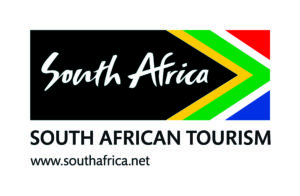South Africa is a dream destination in so many ways because of its incredible geographical diversity, its superb infrastructure, its legendary sunny weather, its super-friendly people and its affordability. Roughly the size of France and Spain combined, South Africa is situated at the very southern tip of Africa. It is also one of the only places in the world where visitors can witness the confluence of two great oceans as it is where the Atlantic and Indian Oceans meet. Whether you are visiting for business or pleasure, our insider’s guide will provide insights and inspiration for your travels to South Africa.
A major player in Africa both politically and economically, South Africa is a very different state in comparison to the other 53 that makes up Africa. A melting pot of diverse cultures, stunning scenery, rich flora and fauna, adventure and activities, South Africa offers vibrant cities and more for her visitors to explore. From the UK alone nearly half a million visitors are drawn to discover South Africa each year, lured by her historic and iconic attractions such as Soweto, which is the largest township in Africa; Mvezo, the birthplace of Nelson Mandela; Table Mountain – one of the New7Wonders of Nature; the Western Cape’s world-famous wine region, and the equally famous Kruger National Park. This truly makes South Africa the perfect destination where you can experience it all in a two-week holiday!
South Africa has nine provinces. Probably the best known to international visitors are the Western Cape, home of Cape Town and the Cape Winelands; Mpumalanga, famous for its spectacular scenery and the Kruger National Park; and KwaZulu-Natal, with its capital city, Durban, historic battlefields, and wonderful beaches. The other six provinces – the Northern Cape, Eastern Cape, Gauteng, Limpopo, North-West and Free State – also offer their own unique sights and experiences.
Wildlife & Safari
Wildlife viewing experiences can be enjoyed in many ways: game drives, bush walks, diving, and even a ‘fynbos’ trail among the Cape’s abundant floral kingdom.
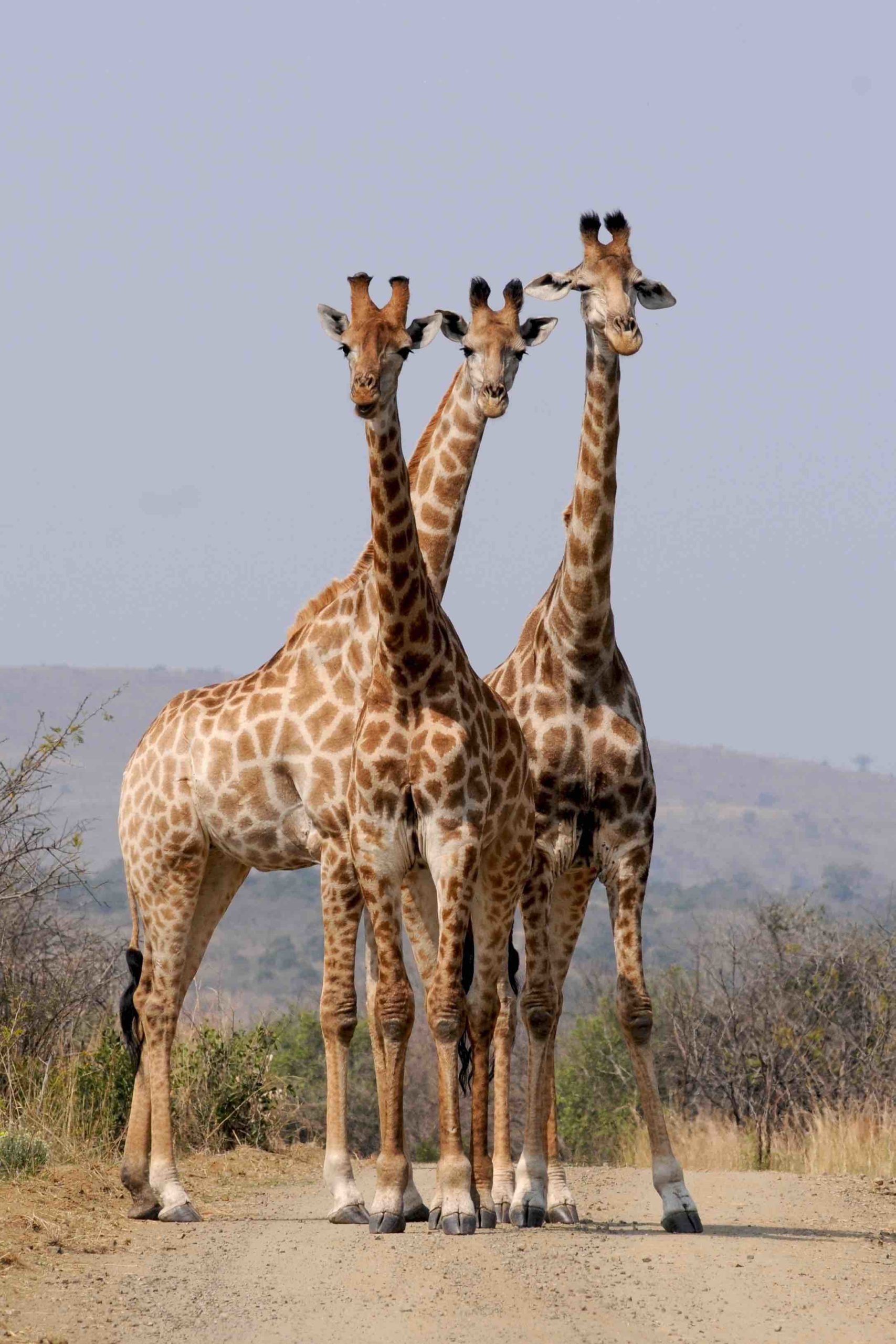
Explore the ocean and enjoy an ocean Safari where you can discover her magnificent creatures of the deep! South Africa’s waters are home to a variety of whales, sharks, dolphins, seals, and she even have penguins in the Western Cape!
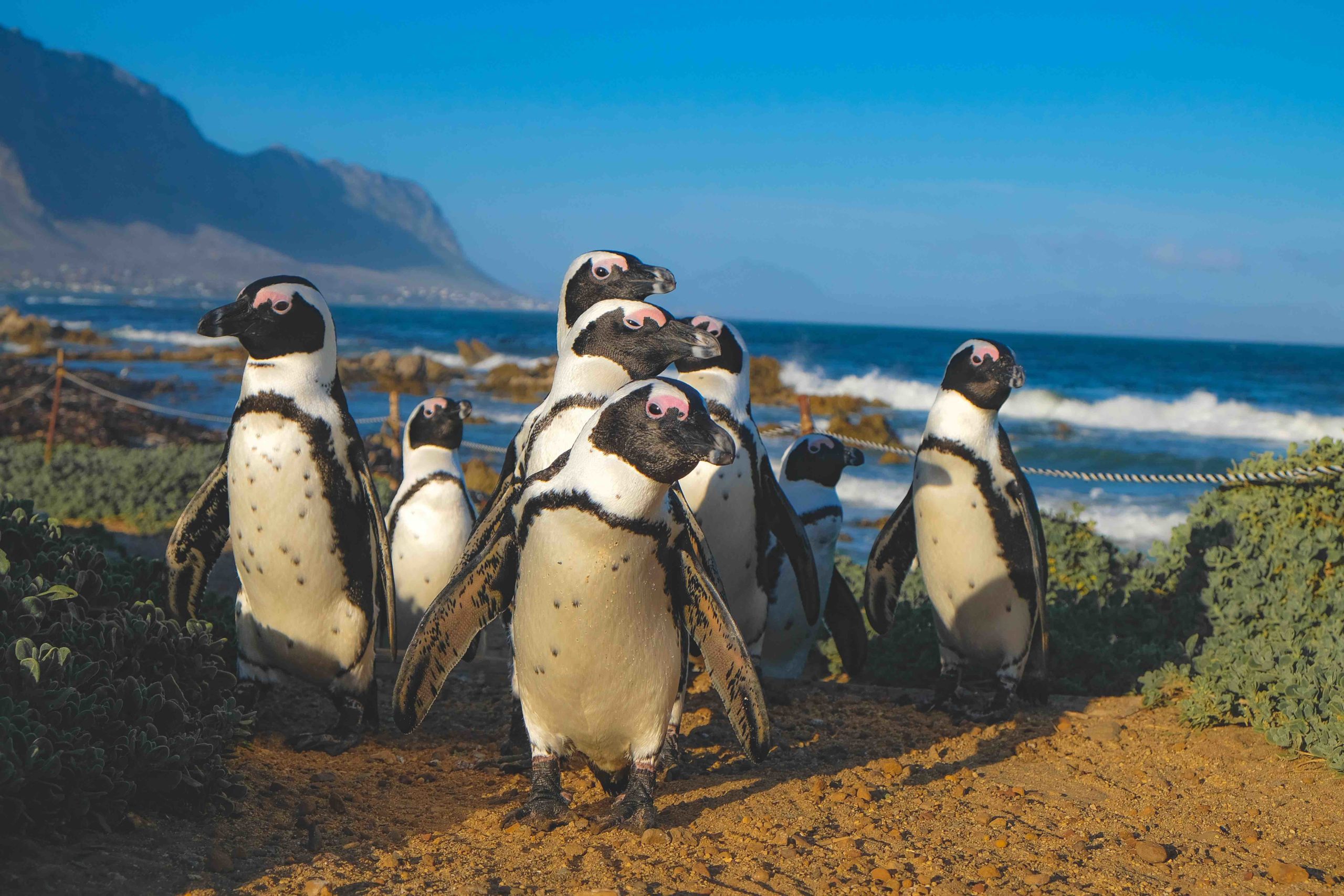
The east-coast is home to the sardine run known as The Greatest Shoal on Earth! This annual event occurs when millions of sardines migrate north-east along the Wild Coast (Eastern Cape and KwaZulu-Natal), and with them they bring a multitude of game fish, seabirds, sharks, seals and dolphins.
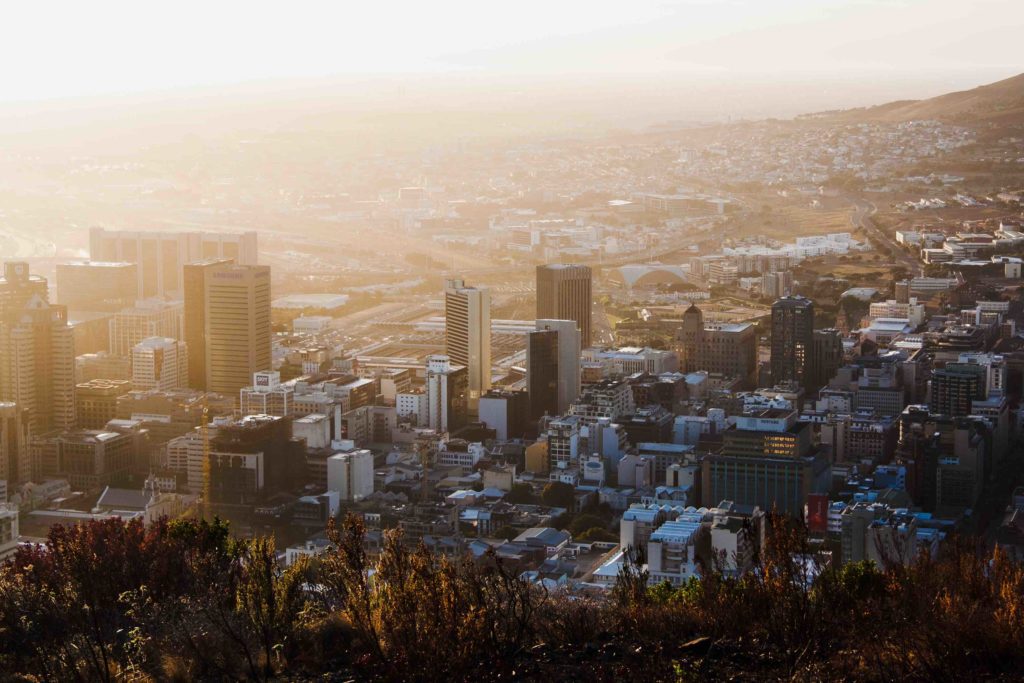
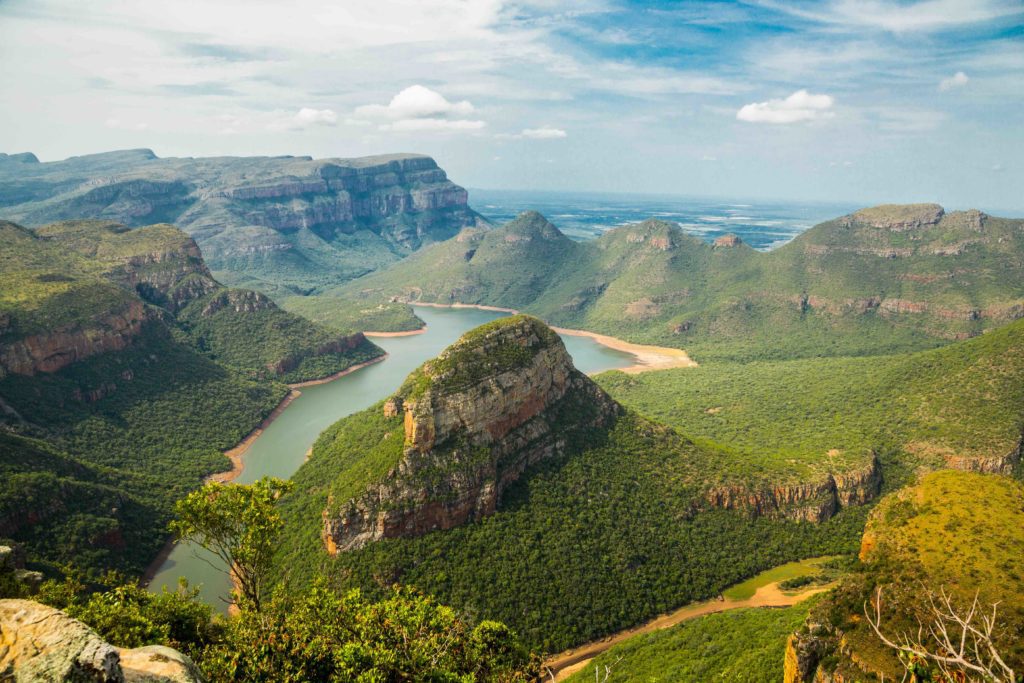
When to Travel
Depending on the purpose of your visit to South Africa, will dictate the time of year you should travel. An all year-round destination, below are a few suggestions to assist you in planning your adventure.
Wildlife/safari – May to October. This tends to be the dry season, making wildlife viewing easier because there is less vegetation and the animals tend to group at waterholes. Due to there being little to no rain, it also means there are fewer mosquitoes. Morning and evening game drives can be a little chillier, though, so remind your clients to take warm clothes.
Birding – September to March. With more than 800 bird species, of which around 130 are endemic, South Africa really is an ornithologist’s dream. The peak viewing period is December and January, when visitors could possibly spot a few hundred species in a single trip.
Whale watching – June to November. Southern right whales are highly visible along the Cape south coast. You don’t even have to go out on a boat to see them because Hermanus, overlooking Walker Bay, is considered to be the best land-based whale-watching spot in the world. Although the southern right whales’ spectacular displays usually steal the limelight, there’s also a good chance of seeing humpback, minke, Bryde’s and even killer whales.
Namaqualand flowers – August to September. This is a very dry area, and winter rains from May stimulate the growth of what eventually becomes a carpet of colourful wild flowers. The flower season peaks in August through to late September, depending on when the rains arrive.
Winelands harvest – February to April. This is the time to visit the Winelands if your clients are interested in seeing the harvest and the process of making the wine. Most wine towns will have harvest festivals over this period, with more and more wine estates jostling for attention.
Sardine run – May to July. Millions of sardines travel north from the colder seas, up the coast of the Eastern Cape and KwaZulu-Natal. This natural phenomenon is visible even by satellite, as from the sardine shoal stretches up to 15km in length and 3.5km in width. This really is a wildlife lover’s dream as the sardines bring with them predators – seabirds, dolphins, sharks, whales and even big game fish – all taking participating in a mass feeding frenzy
Where to Stay
A stay at Shamwari Private Game Reserve is one that will remain with you forever. Due to its location in the heart of the Eastern Cape, the reserve offers abundant wildlife, fauna and flora exclusive to the area and unforgettable encounters with nature.
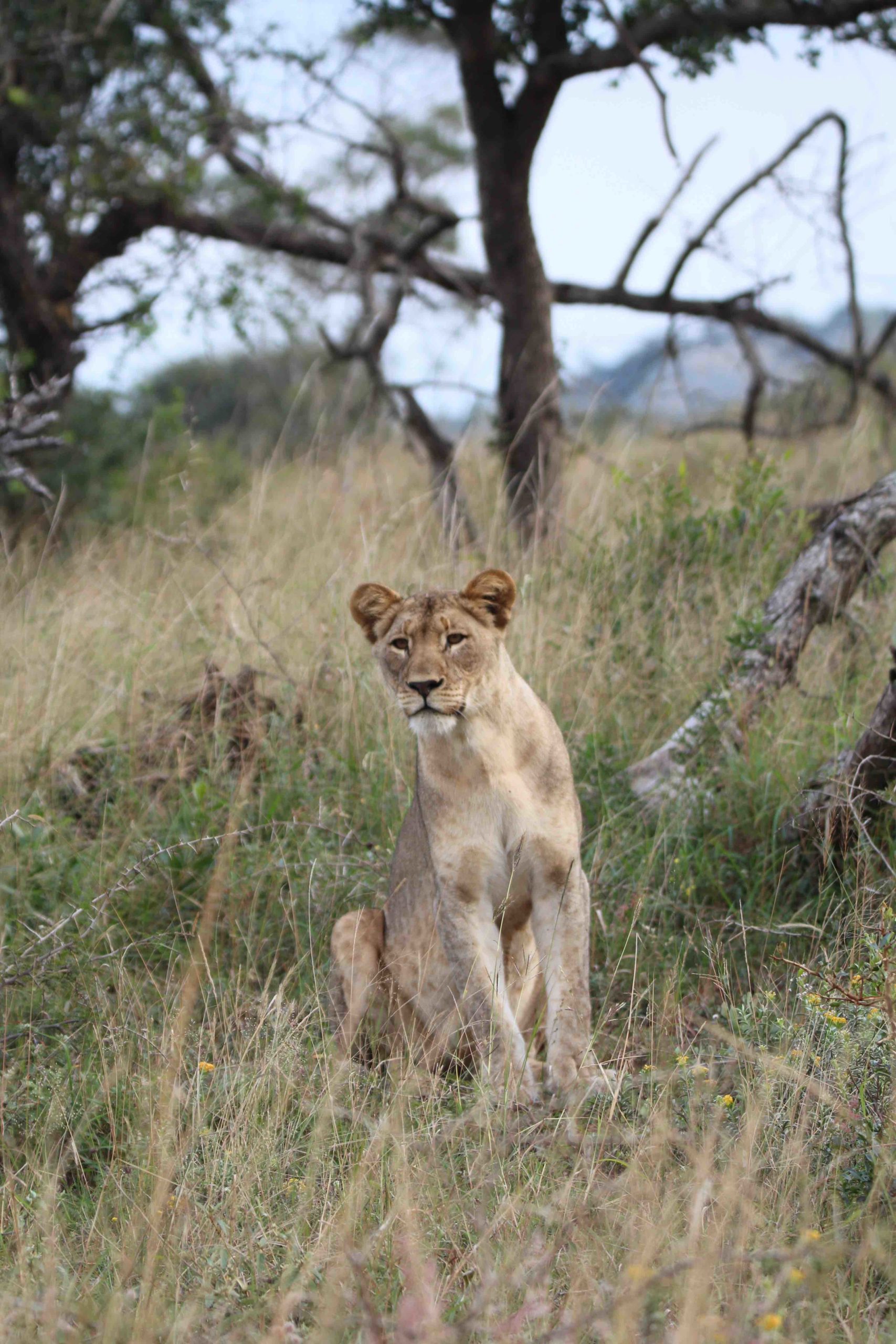
Topping Cape Town’s new Museum of Contemporary Art Africa, the family-owned Silo Hotel hits all the high notes. The former grain elevator was reimagined from rough concrete into diamond, with crystalline windows and a whimsical elegance. Watch the bustle below while soaking in a freestanding tub in one of 28 rooms, designed with a bold mix of colors, prints, and textures. Champagne and carving trolleys roll through the Granary Café, and the spa is sumptuously serene. Grab a glass of pinotage to sip during sunset from the wraparound rooftop terrace.
Part of the family-run Red Carnation Hotel Collection, the award-winning Twelve Apostles Hotel and Spa is poised high above the Atlantic Ocean on Cape Town’s most scenic route. Renowned as the city’s leading boutique hotel, it offers easy access to all attractions, including a complimentary shuttle service to Camps Bay and the V&A Waterfront. Guests are spoiled with spectacular ocean or mountain views from the 70 bedrooms and suites, each exquisitely designed to provide the utmost in comfort and style. Other hotel features include a holistic spa, private cinema, the Azure fine dining restaurant, The Café Grill, and The Leopard Bar.
Adventure & Activities
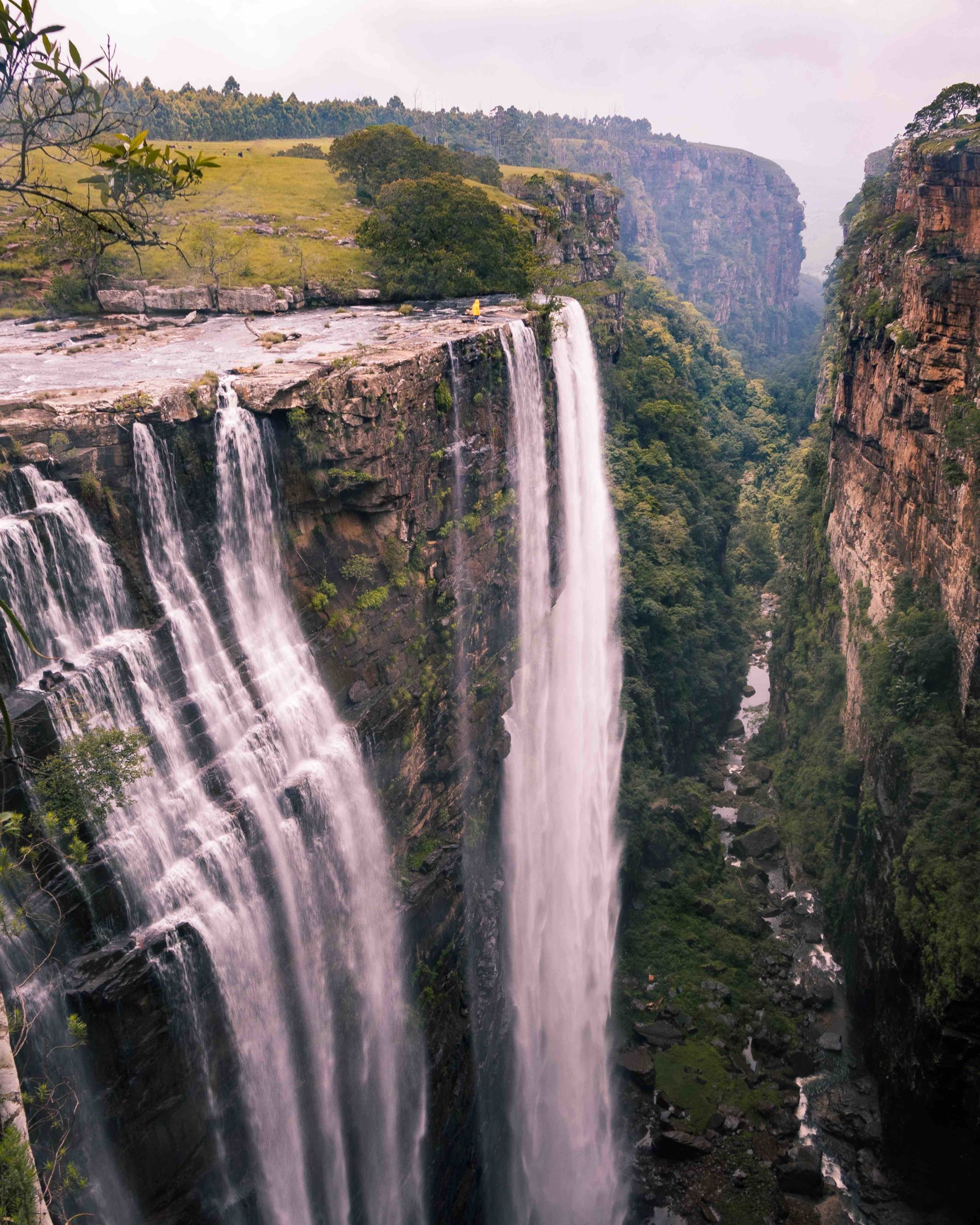
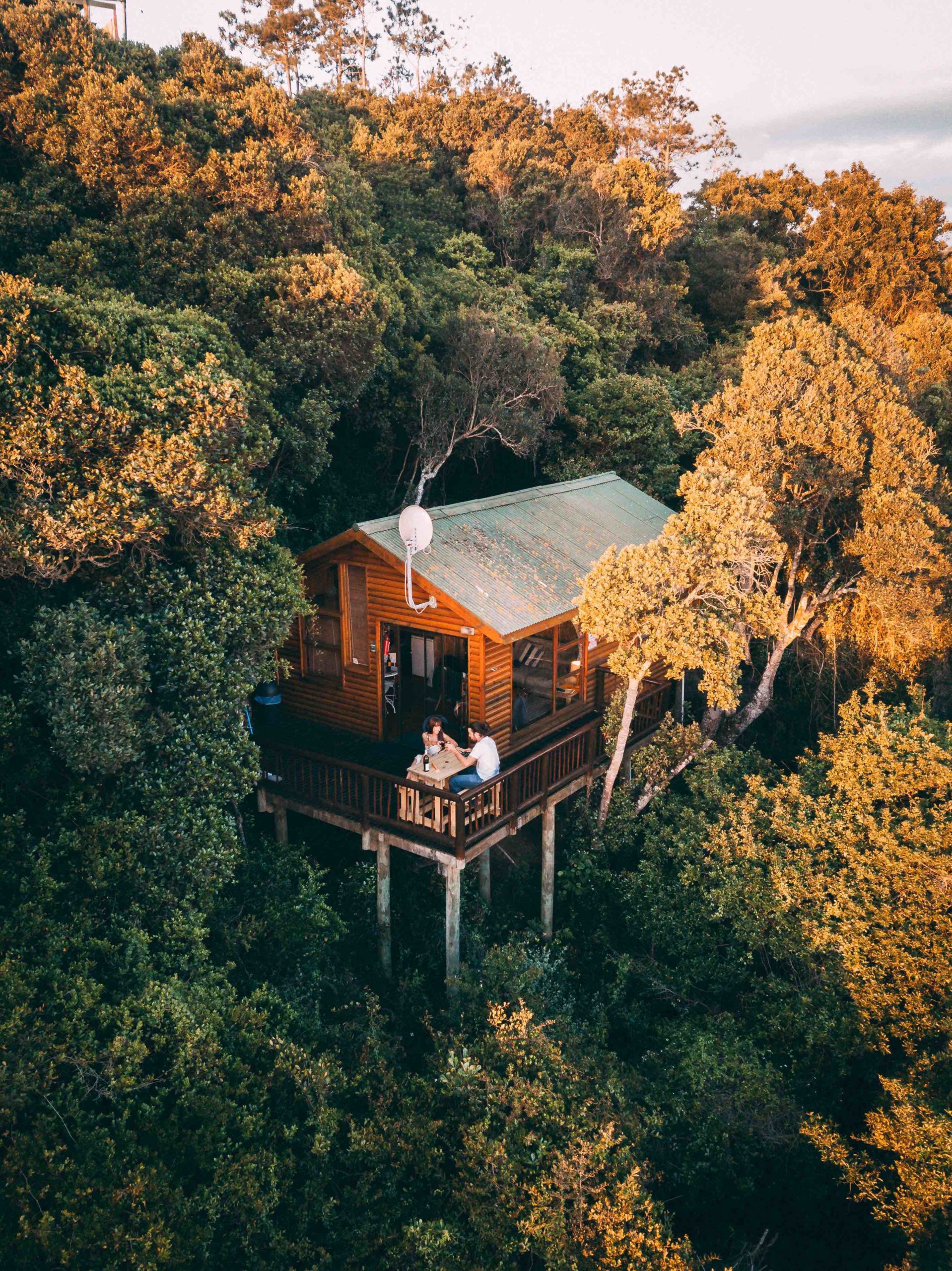
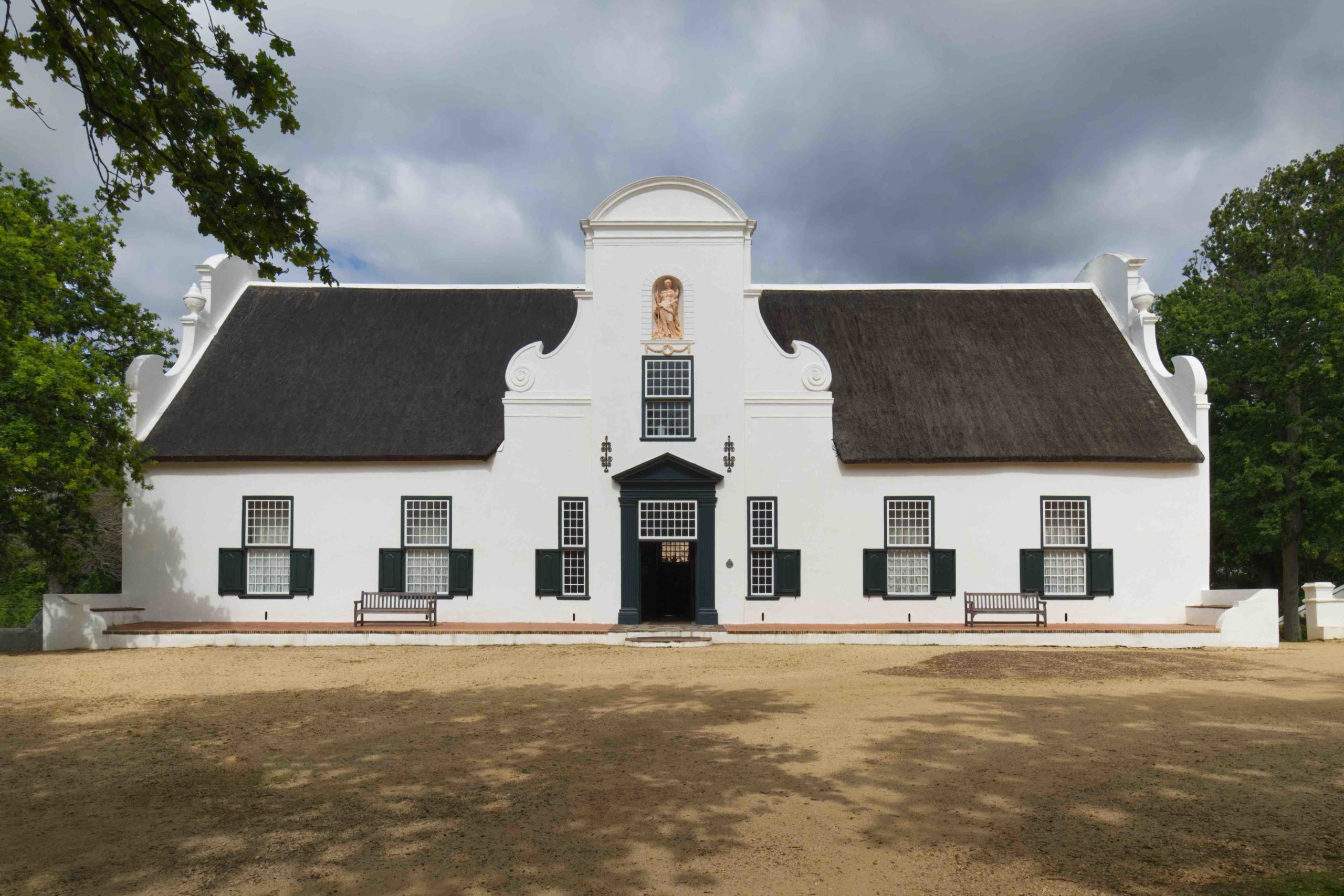
Culture & History
South Africa is known as the Rainbow Nation for a reason. With an array of diverse, warm and welcoming cultures, recognised and celebrated through 11 official languages, various cultural villages and delectable cuisine. There are a number of cultural attractions to choose from when visiting, one being Lesedi Cultural Village in the North West province. This is a place where you can learn more about the various different groups that inhabit or live close to this part of the country. The village is made up of the homes from five different groups: Zulu, Xhosa, Basotho, Pedi and Ndebele.
Dance and music is another key element to South African culture. Jazz is a favourite in the townships and has diversified into township jazz, black jazz and marabi. Kwaito, a style of house music, is another favourite genre. The new freedoms of the post-apartheid era have brought new life to the country, with music and dance becoming prime means of artistic expression.
South Africa is also steeped in history: Mvezo, the Eastern Cape village were Nelson Mandela was born, and Robben Island, where he was imprisoned for 18 of his 27 years behind bars, the battlefields of KwaZulu-Natal where the Anglo-Zulu and Anglo-Boer Wars were fought, the San Rock art in the Drakensberg Mountains of KwaZulu-Natal, and Soweto in Gauteng, the most populated black urban residential area in the country.
‘Soweto’ may sound like an African name but the word actually originated from the acronym ‘South Western Townships’, a cluster of townships that cover 20km just south-west of Johannesburg. Soweto is now infused with the history of the struggle against apartheid, and abuzz with the energy of the City of Gold. Home to heritage sites, fantastic local restaurants and shebeens, Soweto is a must-see!
LGBTQ+ Travel



There are active LGBTQ+ communities and scenes across the country however Cape Town and Jo’burg as the largest cities with most international recognition have the strongest communities, Pretoria and Durban do also enjoy a thriving scene albeit it is smaller. As the continents and country’s most openly LGBTQ+ City, Cape Town enjoys the limelight on the international stage and is a must for visitors.
A word of caution, despite the liberality of the constitution, attitudes in the more conservative sections of society are still working on acceptance. Particularly in black communities, openly identifying as being of the LGBTQ+ community remains frowned upon, if not taboo – attacks are known to happen in the townships. Outside larger city centres, I urge to you to exercise discretion.
Food & Wine
South Africa is truly blessed – along with a coastline supplying an astonishing and varied array of seafood, the fertile soils and wonderful climate work to produce an enormous range of fresh produce. You really can taste the sunshine in our fruits and vegetables. This, along with our chequered history, has endowed us with a population of diverse cultural backgrounds, all contributing to a fusion of cuisines.
South African seafood is legendary. As well as mussels, fish stews, grilled fish and succulent lobster, you may be offered pickled fish – a well-loved dish that you’ll find in some of the traditional Cape Malay restaurants. Other specialities include fruity, spicy curries, smoorsnoek (a fish dish not unlike kedgeree), koeksisters (a sweet syrupy treat) and bobotie(a spicy mince dish); moving further east, into KwaZulu-Natal, where there is a large Indian population, you will find some exquisite Indian-influenced dishes. Bunny chow is a famous Durban dish, a hollowed-out load of bread filled with wonderful, aromatic curry. Meat is a large food staple and is often cooked on the braai (barbecue). Boerewors (sausage), kebabs, satay, kudu, ostrich and, of course, steaks are just a few delights that can be experienced.
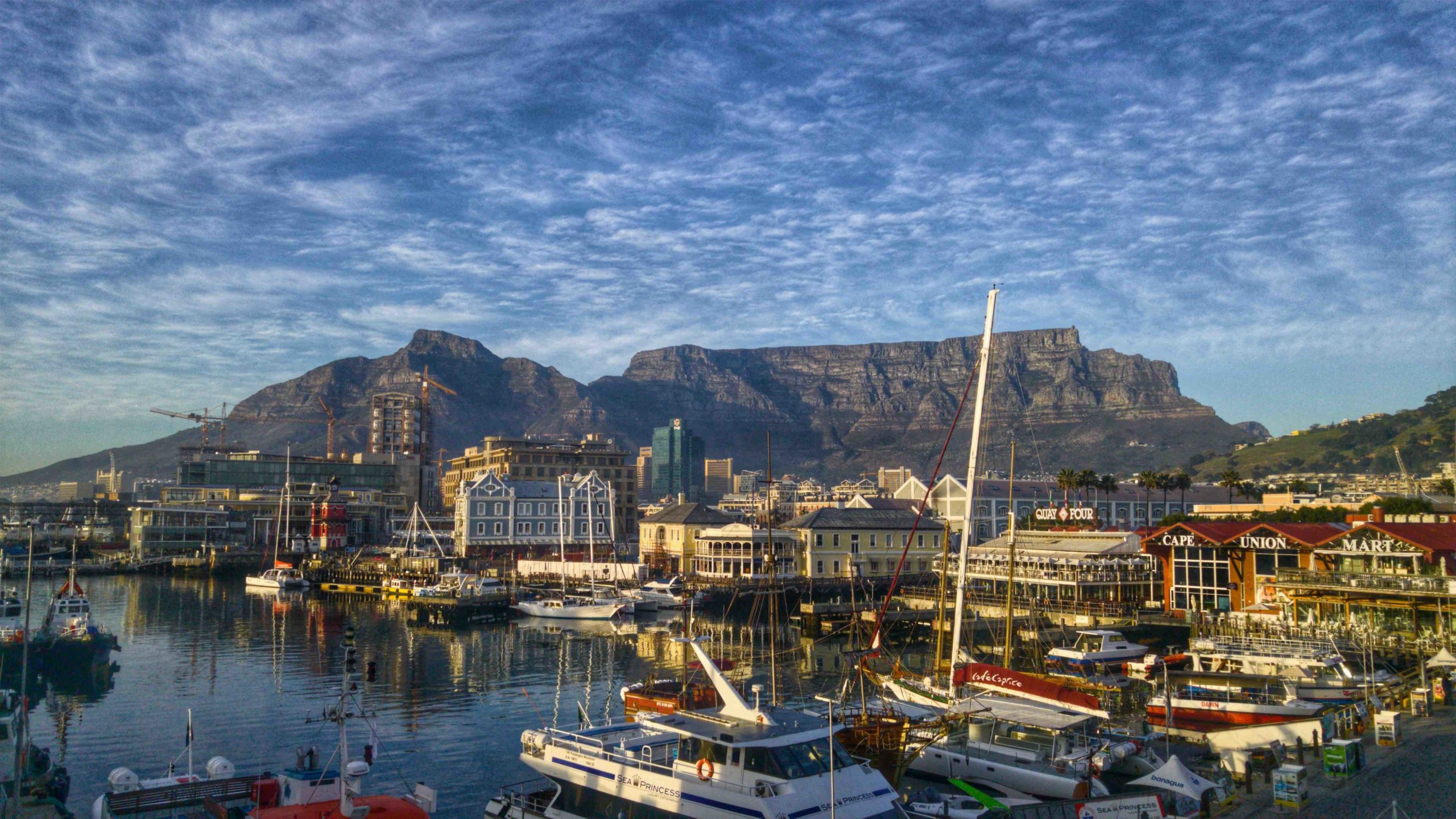
South Africa is also home to world-renowned restaurants such as The Tasting Room at Le Quartier Francais in Franschhoek, the Test Kitchen in Cape Town and Nobu at the One & Only Hotel in Cape Town. As well as the delights of South African cuisine, your clients will also get to sample some of the finest wines in the world. The Western Cape is home to the world-famous Winelands – a notable wine-growing region for over 300 years.
The Winelands can be enjoyed in a variety of ways – the Franschhoek Wine Tram is a hop on, hop off service that offers visitors tours around Franschhoek wine estates, bicycle tours, horseback tours, food and wine pairing, chocolate and wine tasting, cheese and wine paring and even brandy routes. Cape Route 62 is one of the longest wine routes in the world, and allows visitors to combine wine tasting with adventurous activities like great white shark cage-diving and some of the best whale watching in the world.
For a tailored experience that showcases the best South Africa has to offer, plan your upcoming trip with @luxurylondonguy today. With over 20 years of experience in luxury hospitality, we offer our clients insights and personally curated itineraries that take the stress out of travel, allowing more time to decompress and discover and explore your chosen destination while you’re on the road.
[ninja_form id=1]This guide has been created with the support of Springbok Atlas Tours and Tourism South Africa













